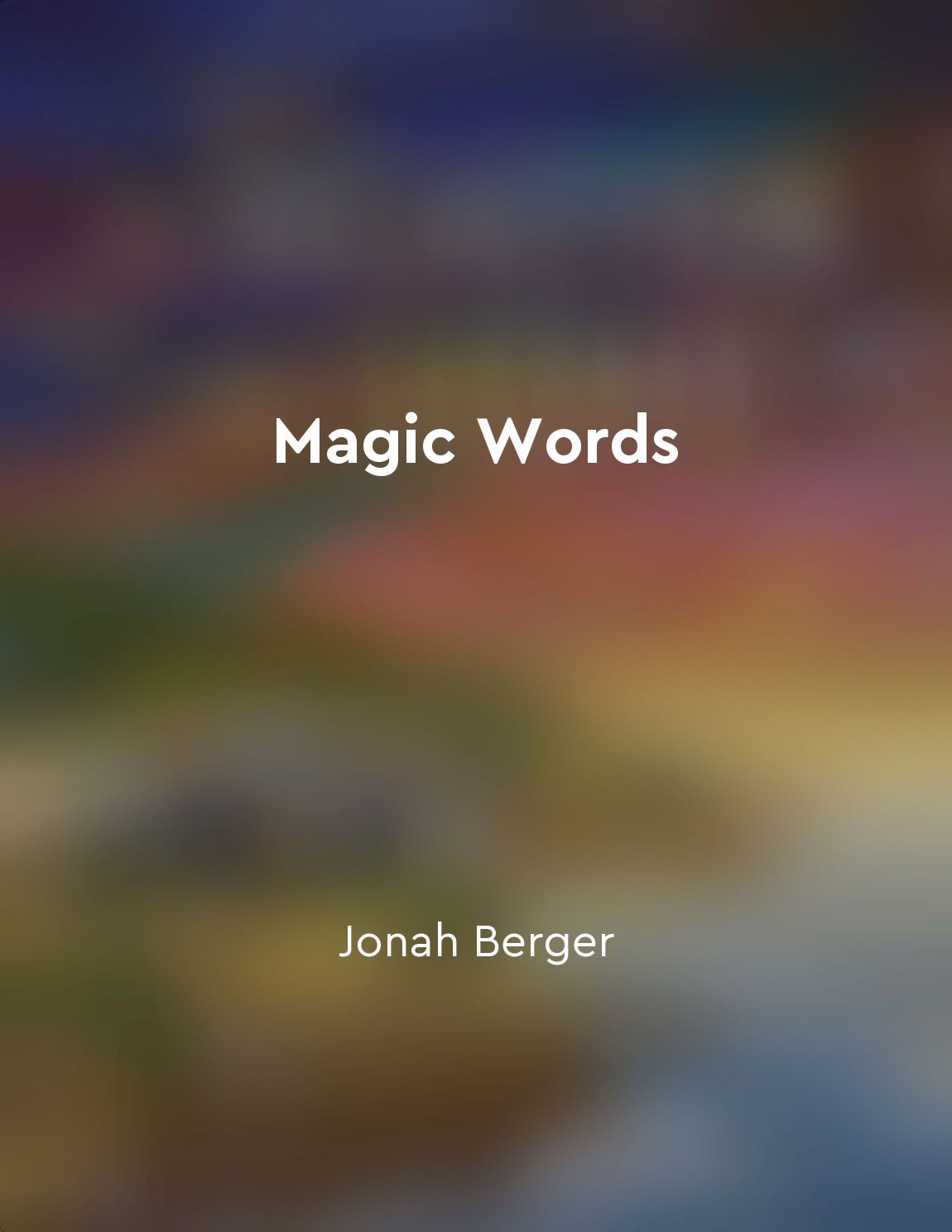Be conscious of word choice from "summary" of Self-Editing for Fiction Writers, Second Edition by Renni Browne,Dave King
Choosing the right words is crucial when it comes to writing fiction. Every word carries a certain weight and connotation, so it's important to be mindful of the words you use in your story. Your choice of words can make a significant difference in how your story is perceived by readers. One of the first things to consider when choosing your words is the tone you want to convey. The words you use should reflect the mood and atmosphere you are trying to create in your story. For example, if you are writing a suspenseful scene, you might want to use words that create tension and keep the reader on edge. On the other hand, if you are writing a romantic scene, you might choose words that evoke feelings of love and passion. Another important aspect of word choice is considering the point of view of your characters. The words they use should be consistent with their personalities, backgrounds, and the time period in which they live. For instance, a modern teenager would speak differently than a 19th-century aristocrat. By being conscious of your word choice, you can ensure that your characters' dialogue feels authentic and believable. Furthermore, varying your vocabulary can help keep your writing fresh and engaging. Using the same words repeatedly can make your writing seem dull and monotonous. By choosing different words to express the same idea, you can add depth and richness to your prose. However, it's important to strike a balance and not overload your writing with unnecessary or obscure words that may confuse readers.- Being mindful of word choice is essential for creating a compelling and effective piece of fiction. By carefully selecting the right words to convey tone, reflect character, and maintain reader engagement, you can enhance the overall quality of your writing. Remember, every word matters in fiction, so choose them wisely.
Similar Posts
Language is a tool for expressing complex thoughts and ideas
Language, a remarkable tool possessed by humans, enables us to convey intricate thoughts and ideas effectively. Through the pow...
Be authentic and genuine in your communication
Being authentic and genuine in your communication is essential for building trust and creating meaningful connections with othe...
Consistent practice reinforces element knowledge
To truly internalize and retain new vocabulary elements, it is essential to engage in regular and systematic practice. By consi...
Shakespeare's works are a window to the past
Through the timeless words of William Shakespeare, we are transported to a different time and place, gaining insight into the t...
Remember, writing is a journey, not a destination
Writing is not about reaching a final destination, but rather about embarking on a continuous journey of self-discovery and exp...
Avoid jumping to conclusions
Jumping to conclusions is a common tendency that many of us fall into without even realizing it. It happens when we make assump...
Create alignment through congruent language
Alignment is essential in any communication. When we speak with someone, we want to ensure that our words are in harmony with t...

Social proof can sway opinions and actions
When we're unsure about what to do, we often look to others for cues. This phenomenon, known as social proof, can significantly...
Examples provided for better illustration
This concept is quite important as it helps students to understand complex topics more easily. When reading through a difficult...
Writing is a craft that can always be improved
Writing is a craft that demands constant attention, care, and practice. It is an art form that requires dedication and a willin...

